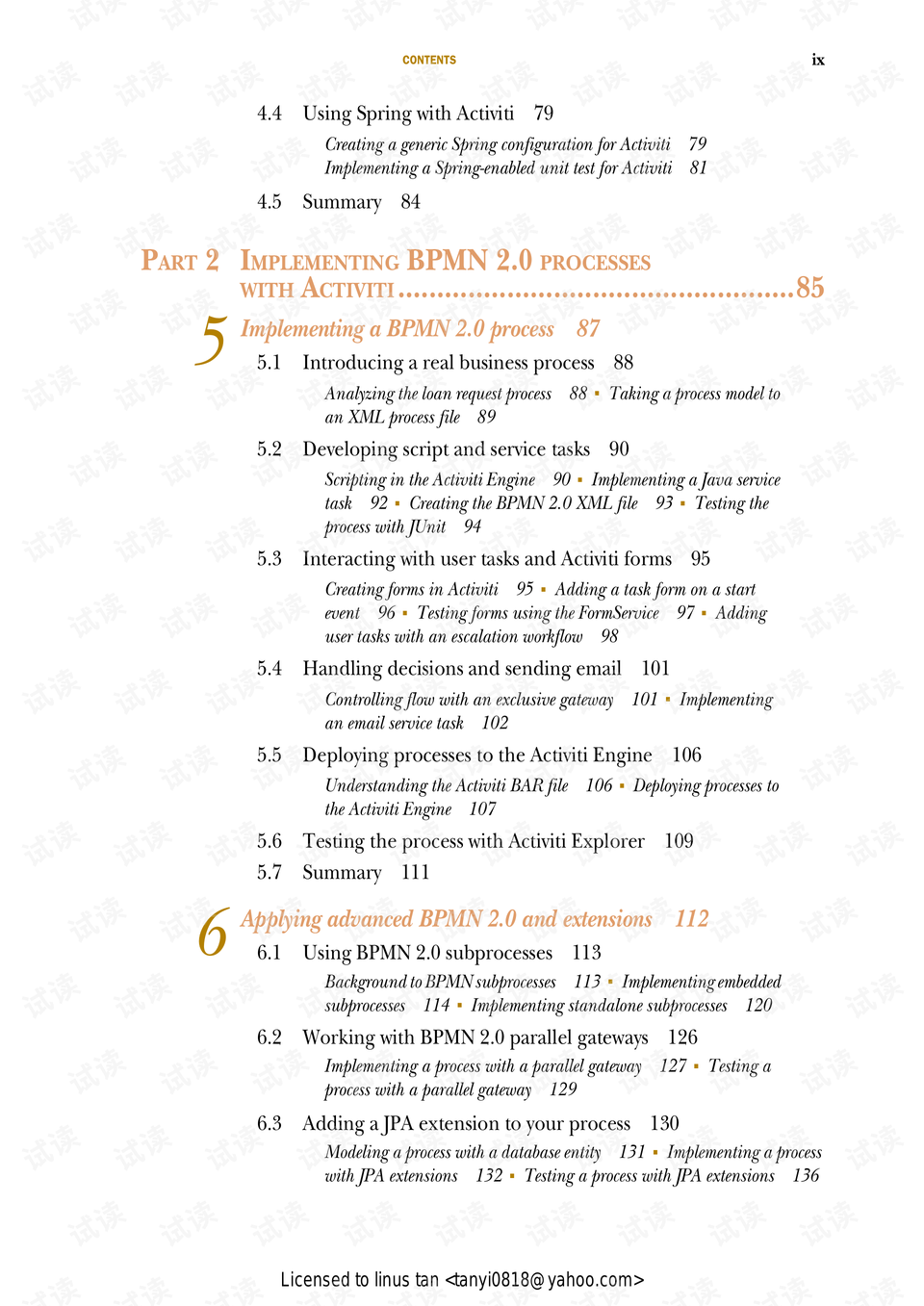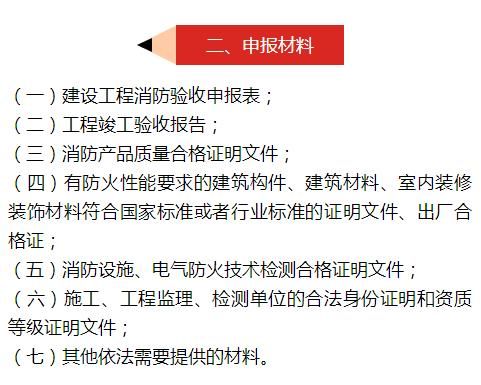Introduction to Full Implementation
Full implementation, often abbreviated as "FI," is a term used in various contexts to describe the complete execution or realization of a plan, policy, or project. It signifies that all aspects have been put into action, and there are no outstanding elements left to be addressed. This concept is crucial in fields such as project management, policy-making, and organizational change, where the success of an endeavor hinges on the thoroughness of its implementation.
Understanding the Abbreviation
The abbreviation "FI" stands for "Full Implementation." It is a concise way to convey the idea that every component of a plan or project has been addressed and is currently being executed. In professional and technical communications, abbreviations like "FI" are commonly used to save space and enhance readability, especially in documents where precision and brevity are essential.
Importance in Project Management
In project management, full implementation is a critical milestone. It ensures that the project team has completed all the necessary tasks and that the project is on track to meet its objectives. The term "FI" is often used to confirm that the project has reached a point where all deliverables are in place, and the project can be considered fully operational or complete.
For example, in the construction of a new building, "FI" would be declared once all structural components are in place, all interior work is completed, and the facility is ready for occupancy. This declaration is crucial for stakeholders, as it signifies the end of the construction phase and the beginning of the operational phase.
Policy and Regulatory Compliance
In policy and regulatory environments, "FI" is equally important. It indicates that all laws, regulations, and guidelines have been adhered to, and that the policy or regulatory framework is fully operational. This is particularly significant in areas such as environmental protection, labor rights, and financial services, where non-compliance can have severe legal and ethical consequences.
For instance, a company might declare "FI" for its compliance with the General Data Protection Regulation (GDPR) once all necessary measures have been taken to protect customer data. This declaration is important for building trust with customers and regulatory bodies alike.
Challenges in Achieving Full Implementation
Despite the importance of full implementation, achieving it is not without its challenges. These challenges can arise from various sources, including resource constraints, inadequate planning, and unforeseen circumstances.
Resource constraints, such as a lack of funding or skilled personnel, can impede the full implementation of a project. Inadequate planning, such as failing to anticipate potential roadblocks, can lead to delays and gaps in implementation. Unforeseen circumstances, such as natural disasters or economic downturns, can also disrupt the implementation process.
Addressing these challenges often requires a flexible approach, strong leadership, and effective communication. By identifying potential issues early and developing contingency plans, organizations can mitigate the risks associated with incomplete implementation.
Benefits of Full Implementation
The benefits of achieving full implementation are numerous. For projects, it ensures that the intended outcomes are realized, leading to successful completion and satisfied stakeholders. For policies and regulations, it fosters a culture of compliance and accountability, which is essential for maintaining public trust and order.
Additionally, full implementation can lead to cost savings and improved efficiency. By streamlining processes and eliminating unnecessary steps, organizations can reduce waste and allocate resources more effectively. This can result in better overall performance and a stronger competitive edge.
Case Studies: Successful Full Implementations
There are numerous examples of successful full implementations across various sectors. One notable case is the implementation of the Affordable Care Act (ACA) in the United States. Despite initial challenges, the ACA was ultimately fully implemented, providing millions of Americans with access to affordable health insurance.
Another example is the development of the International Space Station (ISS). Through a collaborative effort between multiple countries, the ISS was fully implemented, becoming a symbol of international cooperation and technological achievement.
Conclusion
Full implementation, abbreviated as "FI," is a term that encapsulates the essence of thorough execution and completion. Whether in project management, policy-making, or organizational change, the concept of full implementation is vital for ensuring that objectives are met and that resources are used effectively. While challenges may arise, the benefits of achieving full implementation are significant, leading to successful outcomes and improved performance. As such, organizations and individuals alike should strive for full implementation in their endeavors.
转载请注明来自河南军鑫彩钢钢结构有限公司,本文标题:《全额落实英文缩写:全额英语 》















 京ICP备11000001号
京ICP备11000001号
还没有评论,来说两句吧...